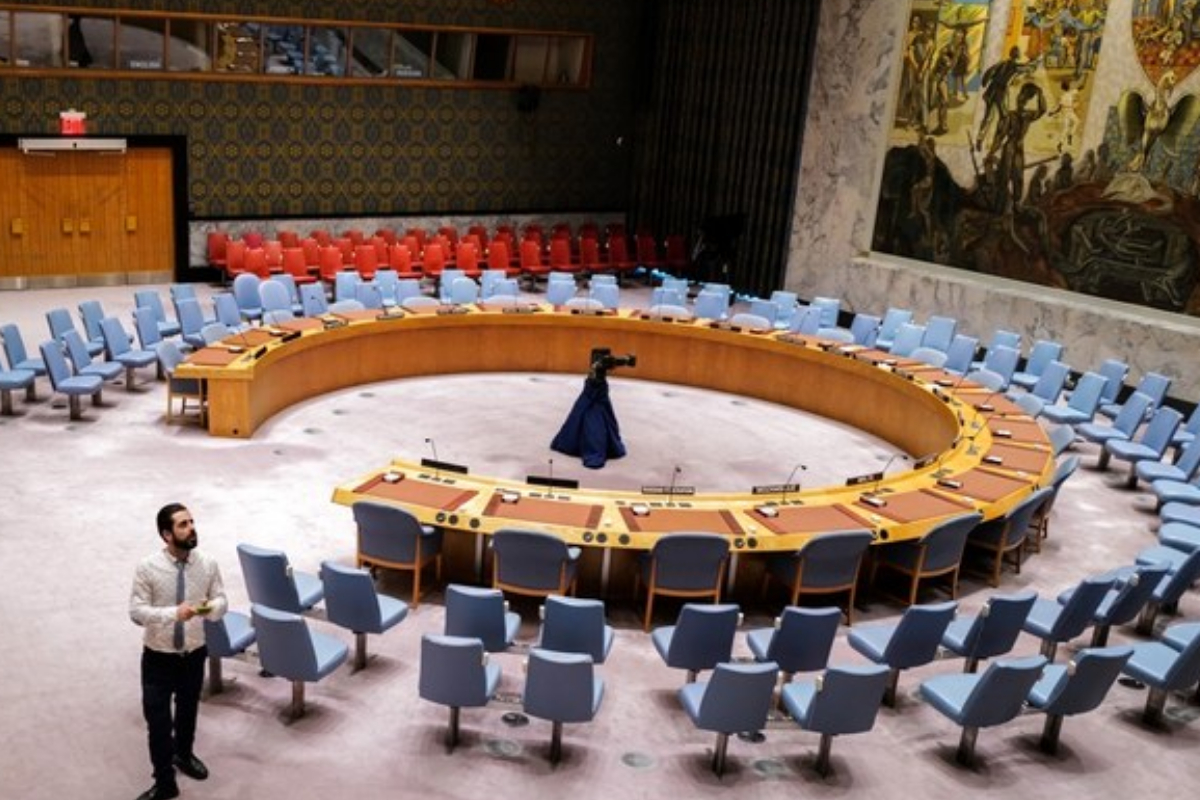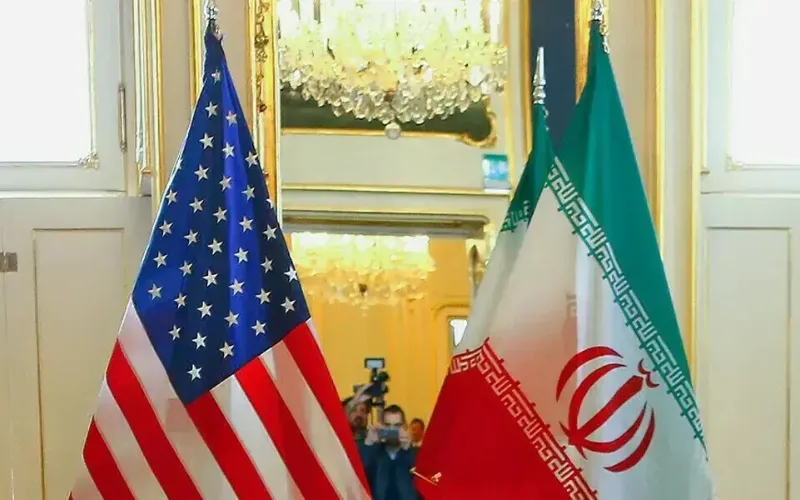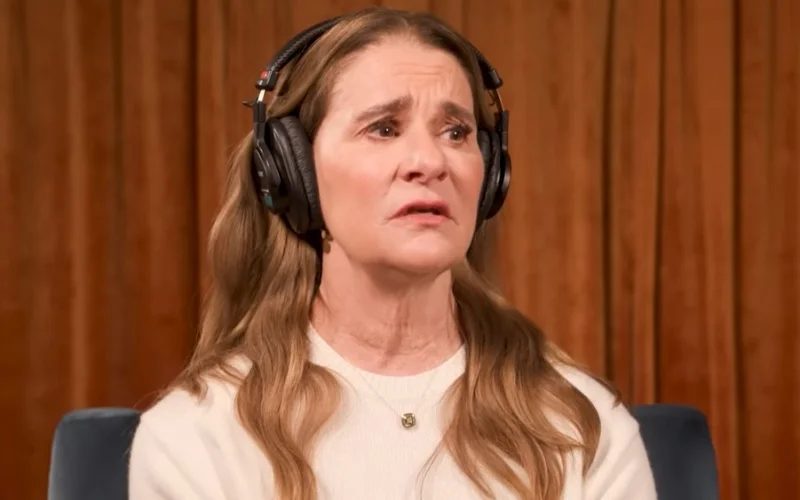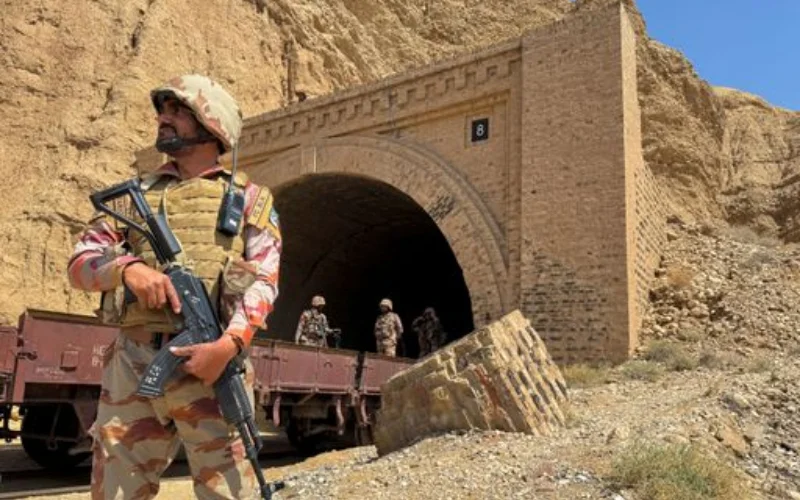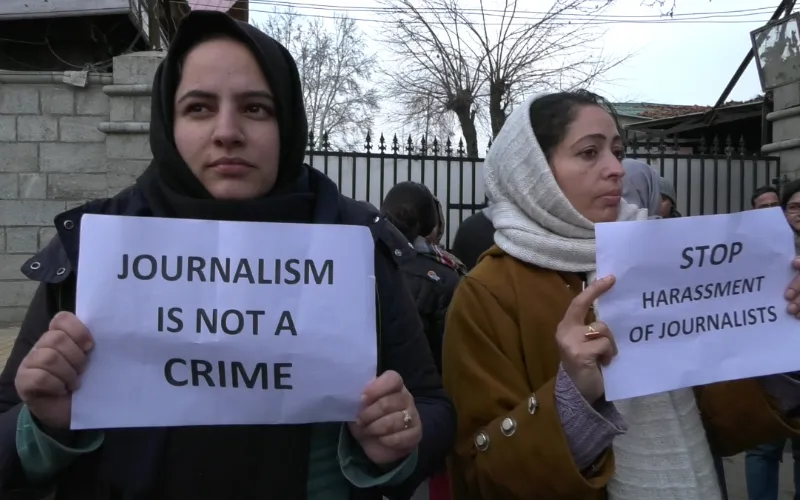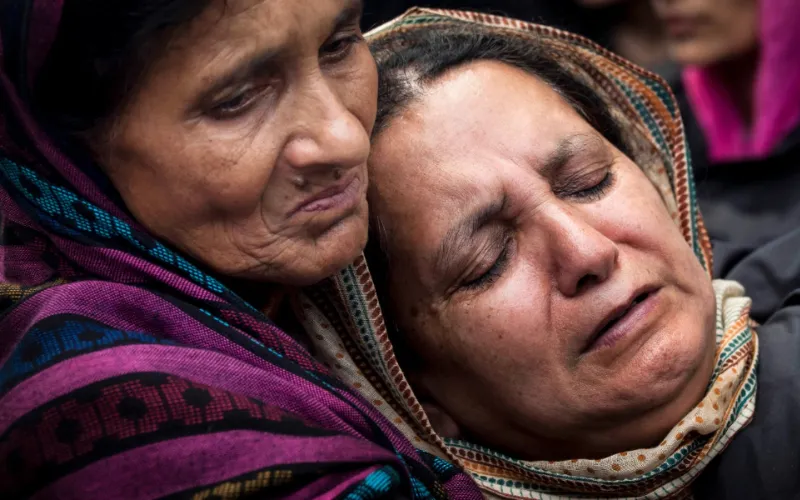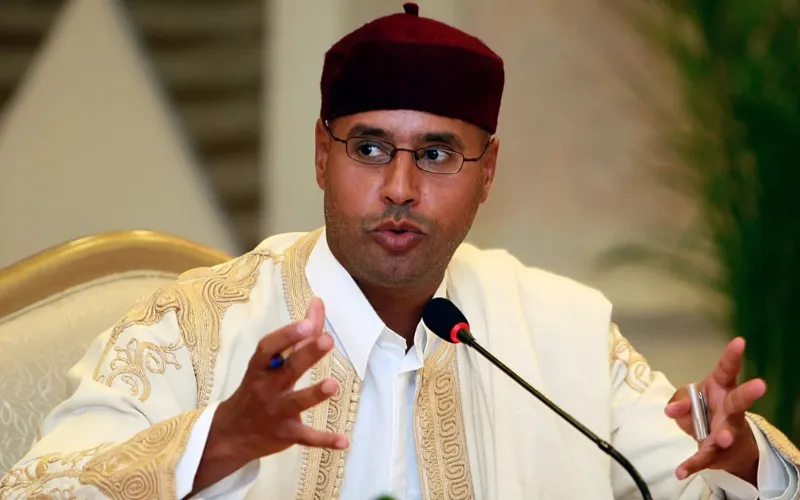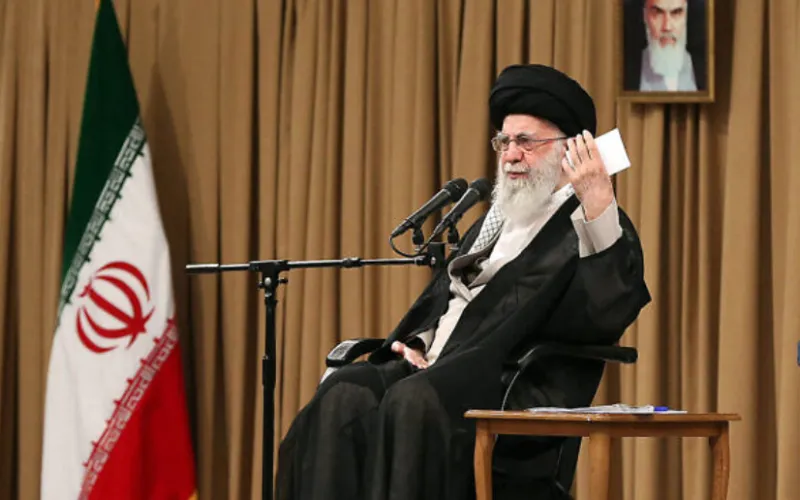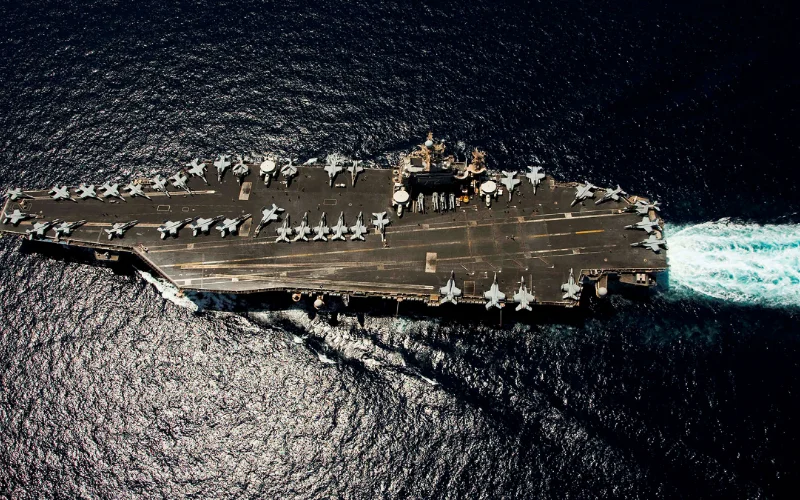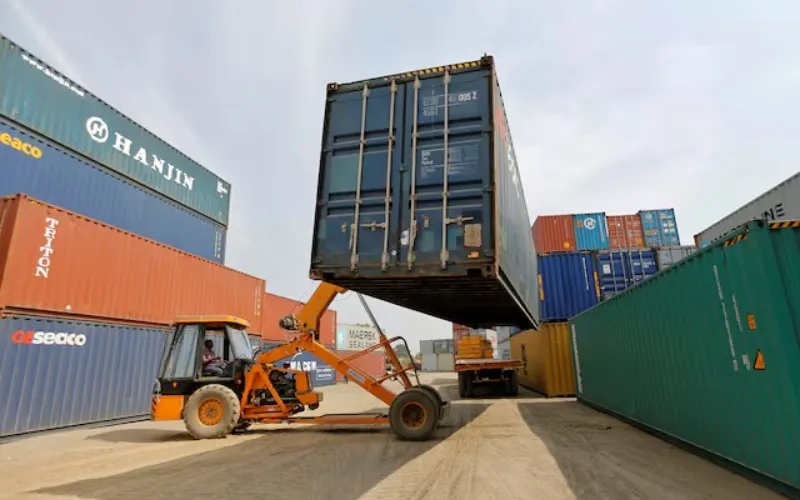- A vote will be held on a resolution to increase aid to Palestinian territories.
- Separate diplomatic initiatives are underway.
- Other countries are urging a call for a ceasefire.
Ahead of this Friday’s anticipated Security Council vote on a resolution to provide supplies to the Palestinian territory but not to demand a truce, the UN cautioned that the Israel-Hamas conflict was driving Gaza closer to starvation.
In October, Hamas launched an unprecedented onslaught on Israel, sparking the worst-ever Gaza war. Separate diplomatic attempts were also underway to bring the conflict to a new halt.
The UN Security Council has been imprisoned in deliberations over a resolution that would increase relief deliveries as the situation in the region worsens.
“Urgent steps to immediately allow safe and unhindered humanitarian access, and also for creating the conditions for a sustainable cessation of hostilities,” is what the most recent draft, which AFP saw, asks for. It is scheduled for a vote on Friday.
It doesn’t demand that fighting stop right away.
Israel, supported by the United States, an ally, has objected to the word “ceasefire.” There will not be a truce in Gaza until Hamas is “eliminated,” according to Israeli Prime Minister Benjamin Netanyahu’s statement on Wednesday.
The US ambassador to the UN, Linda Thomas-Greenfield, informed reporters that Washington will back the resolution if it “is put forward as is.”
According to an AFP assessment based on Israeli numbers, Hamas fighters pushed through Gaza’s military border on October 7, starting the conflict and killing about 1,140 people in Israel, the majority of whom were civilians.
About 250 persons were kidnapped by Hamas as well.
Israel launched a ground invasion and merciless bombardment of targets in Gaza on Wednesday, claiming to have killed at least 20,000 people, the majority of them women and children. Israel had vowed to annihilate the group.
Over half a million people in Gaza are in “catastrophic conditions,” and the entire population faces “an imminent risk of famine,” according to a UN-backed global hunger monitoring system on Thursday.
“We have been warning for weeks that, with such deprivation and destruction, each day that goes by will only bring more hunger, disease and despair to the people of Gaza,” UN humanitarian chief Martin Griffiths posted on X, formerly Twitter.
Out of the 2.4 million people living in Gaza, the UN believes that 1.9 million are currently displaced.
They are residing in cramped shelters after having their homes destroyed, and they are having difficulty obtaining food, fuel, water, and medical supplies. Diseases are spreading, and there have been frequent breakdowns in communication.
Gazan refugees are begging for a halt to hostilities.
“My message is to put an end to this humiliation,” said Fuad Ibrahim Wadi, who found refuge at a greenhouse in Rafah.
“This war does nothing but destroy. Enough is enough.”
Following weeks of pressure, Israel agreed to allow assistance supplies to Gaza directly, bypassing the Rafah crossing from Egypt, on Friday. This marked the temporary restoration of the Kerem Shalom crossing.
According to the Hamas health ministry and the crossings authority, an Israeli strike struck the Palestinian side of Kerem Shalom on Thursday.
The World Food Programme has halted operations at the bridge, and UNRWA, the UN agency for Palestinian refugees, is “unable to receive (aid) trucks” at Kerem Shalom as a result of the “drone strike,” according to UN Secretary-General Stephane Dujarric’s spokesperson.
Following Israeli President Isaac Herzog’s assertion that his country could handle up to “400 trucks a day” of aid and his criticism of the UN for not bringing in more, Dujarric made his remarks.
The UN reports that there are far fewer relief vehicles entering Gaza each day than there were on average prior to the war.
Diplomats traveling through the area have demanded more help getting inside the zone.
Israel has frequently charged Hamas with utilizing huge tunnel networks beneath schools, mosques, hospitals, and other buildings as military bases; the organization disputes these accusations.
Over 2,000 Palestinian militants have been killed by Israeli forces since a one-week ceasefire ended on December 1, according to military spokesman Daniel Hagari’s statement on Thursday.
A count on the Israeli military’s website indicates that since the start of its offensive operation in Gaza on October 27, 139 troops have lost their lives.
Five individuals were killed in a hit on a Rafah house on Friday, according to the Hamas health ministry.
According to information received, Israeli forces “summarily killed” at least 11 unarmed Palestinian males this week in Gaza City’s Rimal area, according to the UN human rights office in Ramallah.
Speaking under anonymity, an Israeli official denied the accusations, calling them “yet another example of the partisan and prejudiced approach against Israel” by the UN agency.
Israel has been facing mounting pressure to protect civilians from allies, like as the United States, which gives it military aid worth billions of dollars.
Although “details and circumstances” of the killings in Rimal are still being investigated, the UN rights office stated that they “raise alarm about the possible commission of a war crime.”
It stated that the men were slain in front of their relatives.
Legal experts have previously stated that war crimes might be brought against either side.
[embedpost slug = “/sheikh-abdullah-and-hussein-al-sheikh-discuss-humanitarian-crisis-in-gaza/”]

